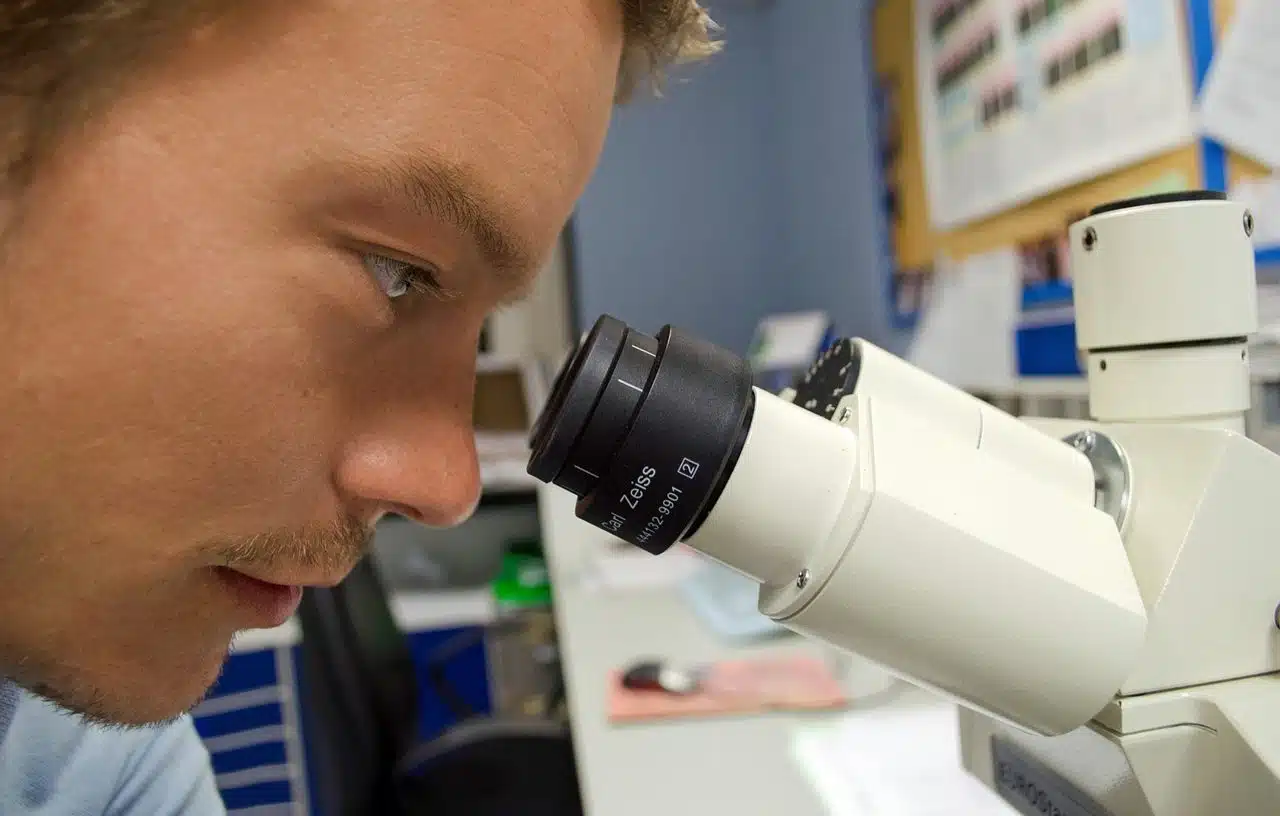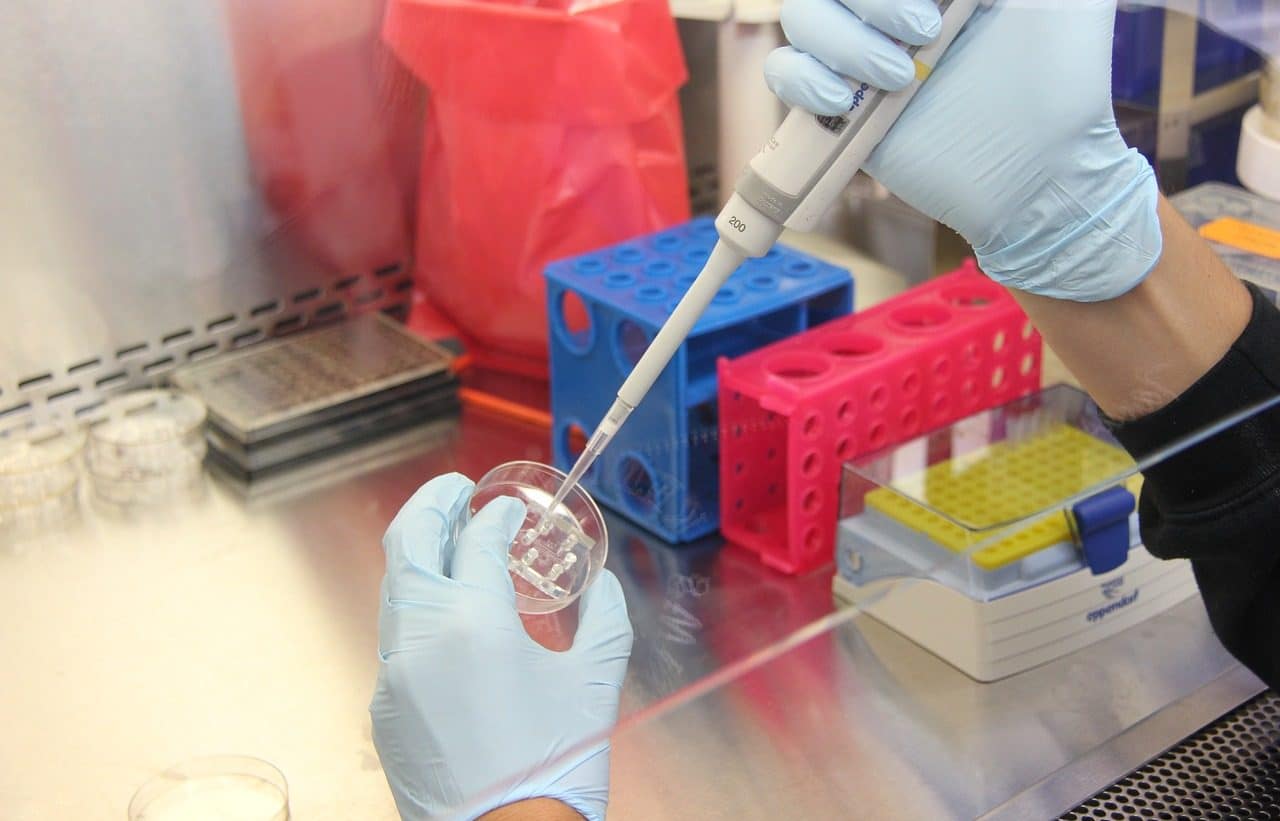
There are various categories, profiles and classes of researchers, thus diversifying the research projects and their scope.
A researcher is, specifically, a subject who is dedicated to investigating a certain element, event or question in order to reach a discovery or conclusion . Those who assume the tasks of carrying out investigations or investigating a phenomenon or event contribute with their work to providing knowledge in different relevant areas.
When accumulating data linked to the profile and purpose of a researcher, it is worth differentiating between the multiple classes of professionals related to science and aspects of the social sphere (focusing on humanistic, technological, methodological themes, etc.) and detectives , since The latter focus on investigations related to private episodes and police matters.
Thanks to the researchers ' own activities, relevant findings are produced, hypotheses are confirmed or refuted, facts are clarified and, ultimately, information is obtained.
Types of researchers
It should be noted that there are multiple types of researchers , each of them with a methodology, a rank or category and a specific purpose.
Within the career to graduate as a technological scientific researcher , indicates the National Council of Scientific and Technical Research (CONICET) of Argentina , for example, the levels of assistant researcher are contemplated (an expert destined to support, as part of a team, the work of professionals with greater experience), that of associate, that of independent researcher (one who works autonomously without the support of an institution), that of principal and the category of senior researcher .
Nor should we lose sight of the fact that just as some are hired by private entities (which may or may not be for-profit), others gain experience in the state or government field, at the industrial level or are dedicated to research from a academic deployment (being, in that case, a teacher or research professor ).
Research classes
A wide variety of investigations are recognized in practice, which are distinguished from each other by the sources and methods used in the investigative process .
A field investigation , to indicate a specific option, is characterized by working from direct observation to gather data and analyze it in its original or natural context, without modifying or intervening in said reality.
Differences are also noted when comparing quantitative research (appropriate style for recognizing averages or trends and making predictions, among other possibilities that require the collection and analysis of numerical variables such as statistics) and qualitative research (based on non-numerical data that is obtained with techniques and practices other than experiments, thus using participant observation , surveys, interviews and more).
Interdisciplinary research (enriched with contributions from specialists in various topics that complement each other with methodologies and practices typical of each area), basic research (also known as fundamental or pure, aimed at perfecting scientific theories) and applied research (designed to find solutions that improve the realities of the population in terms of education and health, for example) are other alternatives to consider.

Many researchers conduct experiments and collect data for their projects within a laboratory, using multiple elements, devices and instruments and putting into practice different techniques and methodologies.
Opportunities for training and career growth of the researcher
A researcher must prepare and train academically to be able to access a position, have job opportunities that add prestige and allow them to grow in terms of their professional career.
By competition, to mention as a reference an option available in the Autonomous City of Buenos Aires , it is possible to enter the specialty of Health Researcher with the role of associate researcher .
There are usually calls, even, to work as a scientific and technological researcher in disciplines such as Biological Sciences , Engineering and Agricultural Sciences .
There are university centers in Argentina , such as the National University of La Matanza , where the research teacher can aspire, if he meets the requirements, to be categorized within the Argentine University Research Program and achieve homologation of his category. In this regard, it should be noted that this career offers training in Researcher in Initial Training , Researcher in Higher Training and Trained Researcher .

Researchers, depending on the specialty they choose to develop, can work in different places: the laboratory is one of them.
Challenges and dilemmas
Regardless of the object of study , how the scientific method or other strategies to collect information are implemented or how data analysis is carried out and what type of investigations are carried out, in every research project there are challenges, obstacles, dilemmas and questions related to ethics .
It is essential, first of all, that scientific practices are developed in a framework of respect, dignity and moral integrity . Progress and the expansion of knowledge must be aimed at adapting research work to current regulations, legislation and protocols, biosafety guidelines and bioethical principles .
It is also essential to obtain research funding through funds and subsidies , leave political ideologies and prejudices aside, conduct yourself with commitment, persistence and honesty when researching and seek both objectivity and rigor in each of the stages of a research project .
